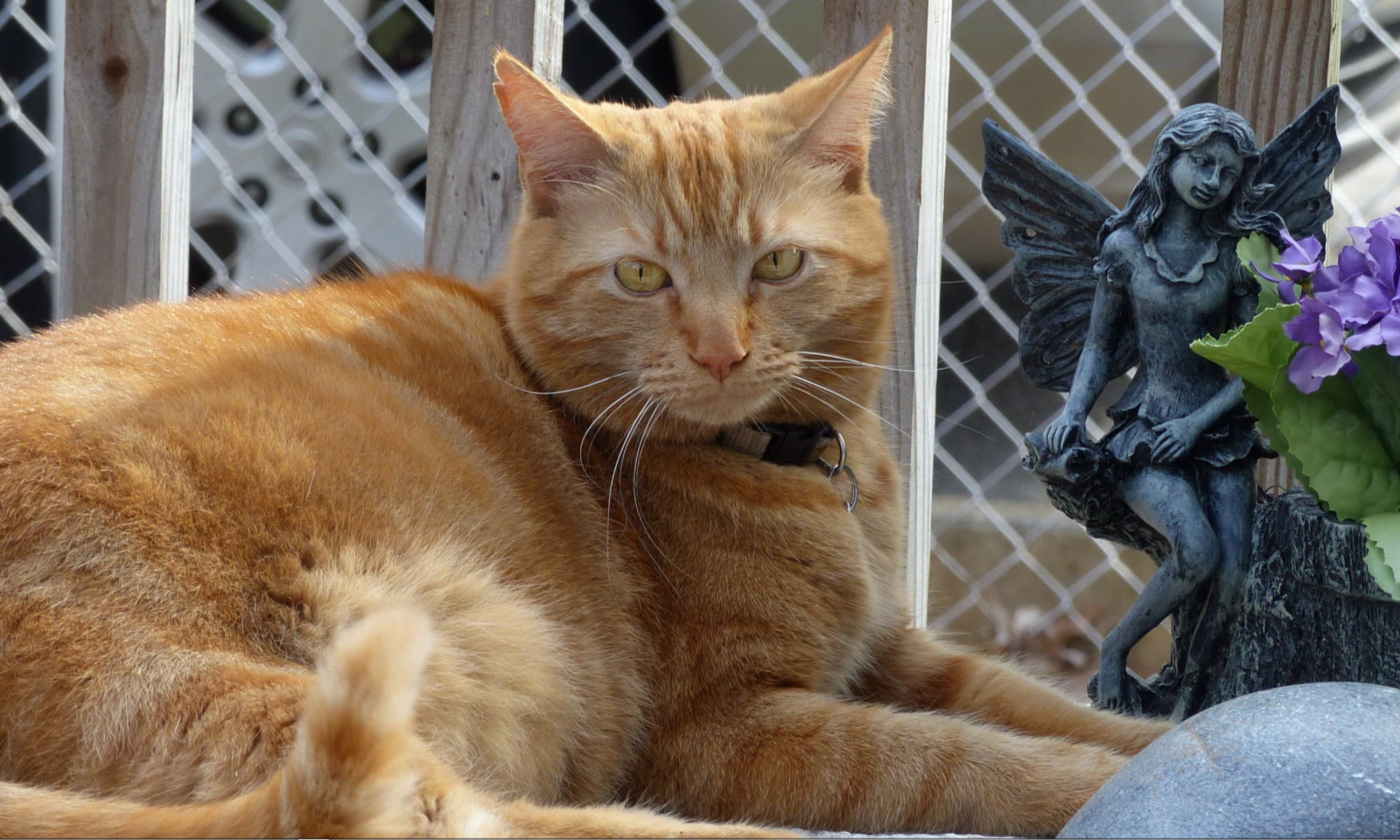A Story Written To Be Read Aloud
Doris Lessing was unable to attend the presentation of her Nobel Prize for Literature. But she was able to deliver a remarkable acceptance speech by way of her editor. I admit, I had never heard of her before today. But after reading her speech, I think I should find one of her books.
The Guardian has presented her entire speech. I highly recommend heading over there and reading the whole thing. Here are just a couple of excerpts to raise your eyebrows.
“What has happened to us is an amazing invention – computers and the internet and TV. It is a revolution. This is not the first revolution the human race has dealt with. The printing revolution, which did not take place in a matter of a few decades, but took much longer, transformed our minds and ways of thinking. A foolhardy lot, we accepted it all, as we always do, never asked: “What is going to happen to us now, with this invention of print?” In the same way, we never thought to ask, “How will our lives, our way of thinking, be changed by the internet, which has seduced a whole generation with its inanities so that even quite reasonable people will confess that, once they are hooked, it is hard to cut free, and they may find a whole day has passed in blogging etc?”
She tells a great story of literacy struggling to survive surrounded by incredible poverty in Africa. It’s a strangely sad and uplifting tale, and one I recommend you read (click the link above), but I will not reprint it here because it is so long. It’s a story she wrote to be read aloud to those who would reward her for accomplishments accrued over 88 years. She tells of her own life as a young girl, living in a grass hut of 4 rooms, a house filled with books. She spellbinds us with images of other young people, following in her steps, with a craving for education and books… books of any kind. And she draws a distinct and dark line between that vision and the abject disregard for the printed word we find in many “civilized” cultures today. Finally, she warns aspiring writers, and indeed, all of us, to beware of our successes, to guard that special spark that makes us, us.
“Writers are often asked: “How do you write? With a word processor? an electric typewriter? a quill? longhand?” But the essential question is: “Have you found a space, that empty space, which should surround you when you write? Into that space, which is like a form of listening, of attention, will come the words, the words your characters will speak, ideas – inspiration.” If a writer cannot find this space, then poems and stories may be stillborn. When writers talk to each other, what they discuss is always to do with this imaginative space, this other time. “Have you found it? Are you holding it fast?”“Let us now jump to an apparently very different scene. We are in London, one of the big cities. There is a new writer. We cynically enquire: “Is she good-looking?” If this is a man: “Charismatic? Handsome?” We joke, but it is not a joke.”
“This new find is acclaimed, possibly given a lot of money. The buzzing of hype begins in their poor ears. They are feted, lauded, whisked about the world. Us old ones, who have seen it all, are sorry for this neophyte, who has no idea of what is really happening. He, she, is flattered, pleased. But ask in a year’s time what he or she is thinking: “This is the worst thing that could have happened to me.”
“Some much-publicised new writers haven’t written again, or haven’t written what they wanted to, meant to. And we, the old ones, want to whisper into those innocent ears: “Have you still got your space? Your soul, your own and necessary place where your own voices may speak to you, you alone, where you may dream. Oh, hold on to it, don’t let it go.”
And I also found this quote attributed to her. I really like this point of view.
I do not think writers ought ever to sit down and think they must write about some cause, or theme… If they write about their own experiences, something true is going to emerge.”
Many thanks to Nick Carr over at Rough Type for pointing me in the right direction. Other sources include NPR and The Guardian (referenced above).
I am Jon, and I’ve still got my space.
